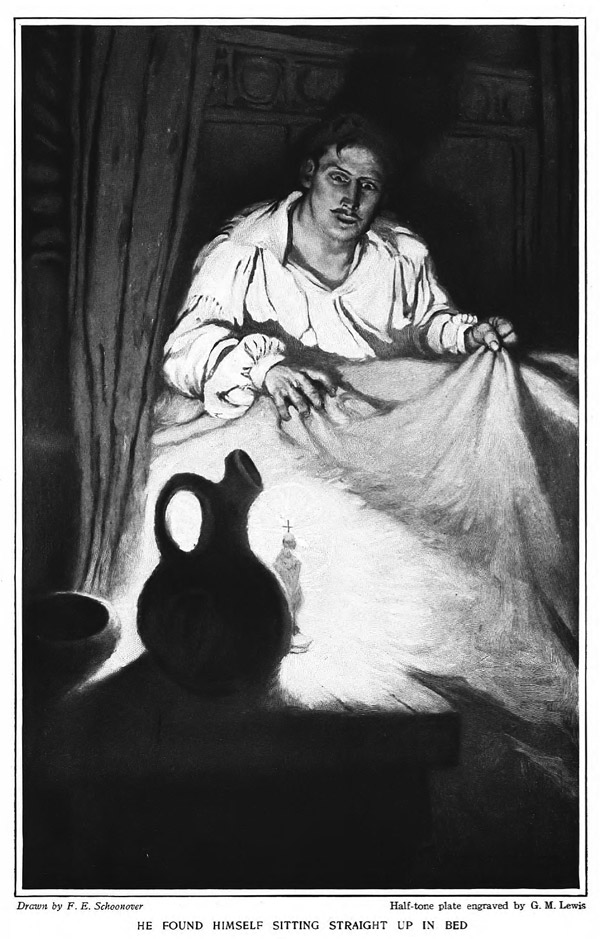
Famous fighters have an entire nation of fans for their entourage. But for local fighters, ones getting their first big shot on an ESPN undercard, the image they create with their trunks, t-shirt, and crew is nearly as important as how well they fight. Patrick “Paddy Boy” Farrell, a Jersey boy with red hair and a Celtic cross tattooed on his back, made his way to the ring in green-trimmed trunks with a shamrock on them, cheered on by a boisterous crowd of Irish pals. He could not have gotten more Irish if he’d come in munching a boiled potato. Paddy Boy’s thematic fervor was quite a contrast with that of his opponent, Newton “The Butcher” Kidd, whose humble cutoff t-shirt ensemble and tiny cheering section made you suspect that he might actually be a butcher, during the day. They battered the drool out of each other for six rounds and ended with a draw, proving all the “you can’t take it with you in the ring” adages you hear about things like entourages. —“Zab Judah Meets the Polish Posse,” Hamilton Nolan, Deadspin
Be mesmerized by the rotating MRI cantaloupe;
be defiled by dessert bao;
be dazzled–and a little frightened–by what lurks below
American Splendor reassured me despite all this gloom. A lot of the comics recount run-ins with a cast of eccentrics; some strangers, some co-workers and friends. I think one of these vignettes, an encounter with a guy named Crazy Ed, inspired Pekar to start writing comics in the first place. I spent a lot of my life at the time wandering around the city and riding buses, so I had plenty of conversations with strangers myself, and I often enjoyed talking to them more than anything else I did. Pekar recognized that these interactions are not just funny anecdotes: they can sustain one’s spirits and make it easier to persevere. Getting through the day was hard, he affirmed, but it was worth it. Not for any great philosophical reason, but because ordinary life is filled with strange occurrences that are not to be missed. American Splendor helped me imagine a future I could handle, and I considered Harvey Pekar an ally on my path to adult stability. —“Conversations with Harvey Pekar,” Zoe Roller, The Millions
What’s the most horrifying: feline troubadour puppets singing odes to Quizno’s?
the image of a frumpy MLB manager eating, peeing, smoking and being interviewed at the same time?
or late-period Orson Welles?
n+1: What was the poorest place that you went to?
Megan Stack: That’s a good question: I’ve been to a lot of poor places. Sub-Saharan Africa is the poorest. Gaza is very poor. Yemen is very poor. I’m thinking of poor places . . . Pakistan of course is extremely poor. Oh, Afghanistan. Of everything in the book Afghanistan is the poorest country. I can’t believe I forgot to say that. Afghanistan is a place where, at least the last time that I was there in 2005, and I don’t think that it has changed very much, if anything it’s degenerated—it’s a place where people live in conditions that seem almost out of this world. I’ll never forget driving into Peshawar [from Afghanistan]. It just seemed like Peshawar was so rich, and there was just color everywhere. It was really amazing. If you go to Peshawar from Islamabad, it looks pretty run down and rough, but it looks so striking coming back from Afghanistan. It just looks sumptuous and really fantastic. It was a feast for the eyes. —“Here and There,” Keith Gessen and Megan Stack, n+1



